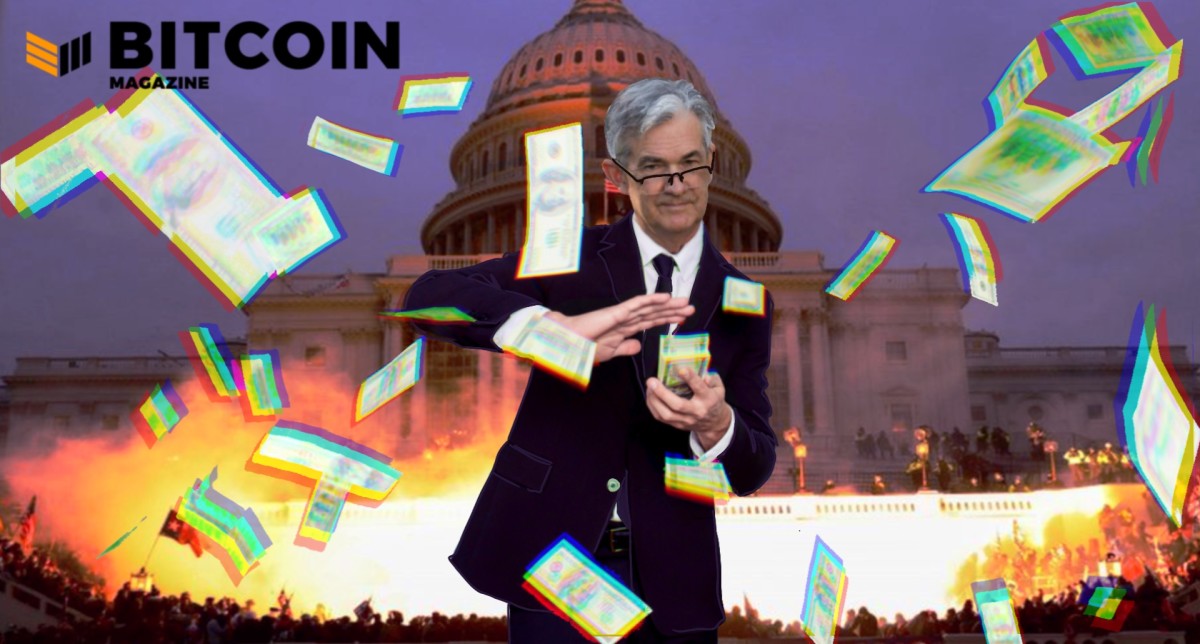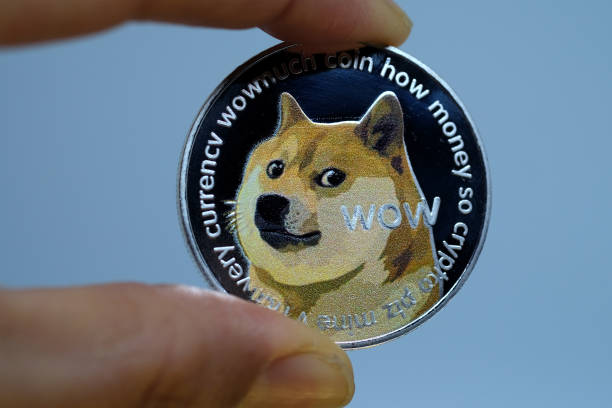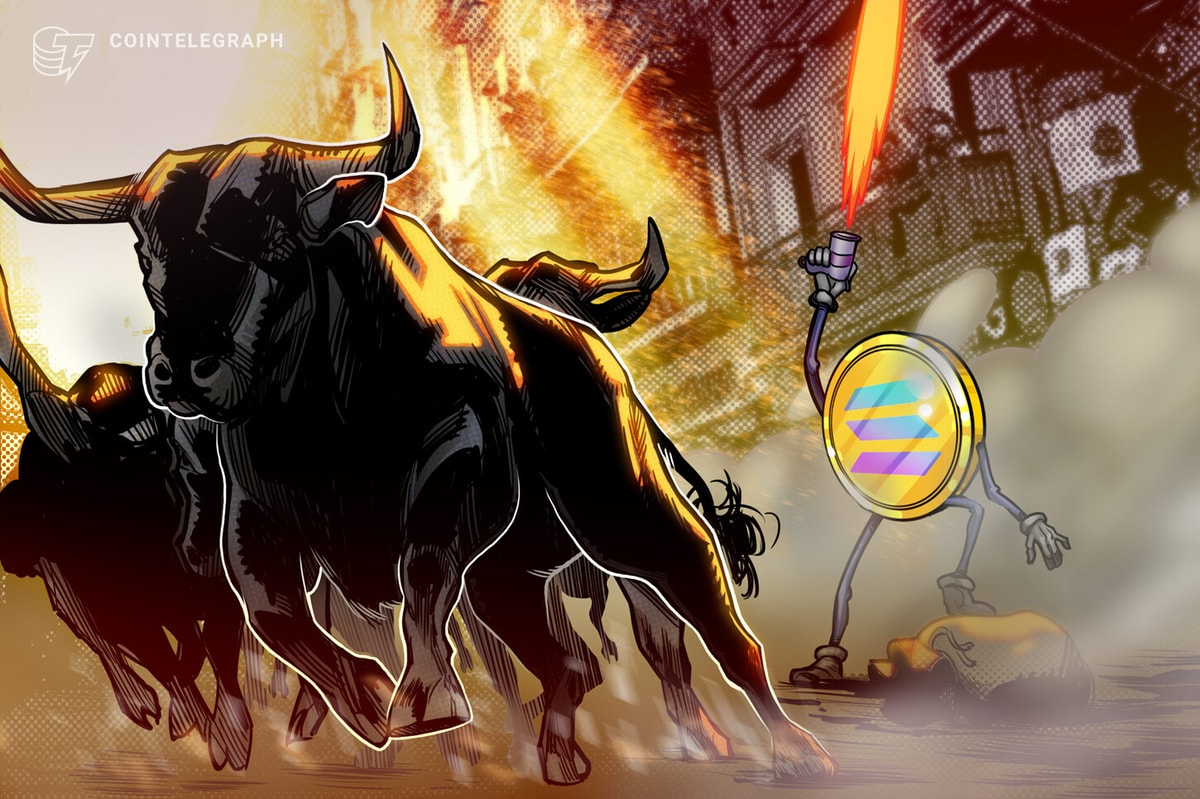Listen To This Episode:
In this episode of Bitcoin Magazine’s “Fed Watch'' podcast, Christian Keroles and I sat down with Dylan LeClair to talk about all Federal Reserve news, rate hikes, balance sheet normalization (QT), U.S. government austerity and world news. LeClair is the head of market research for Bitcoin Magazine and produces the Deep Dive, a series of daily, monthly and yearly newsletter updates on the bitcoin market. We loved getting his take on many of the central bank topics we talk about on the show.
December FOMC Minutes And The Powell Pivot
We jumped right into the Federal Open Market Committee (FOMC) minutes from December, which we wanted to cover on last week’s show, but YouTube had other plans. Analysts expected to read about the accelerated taper and even the beginning of rate hikes in 2022. What they got was a big hawkish surprise.
Not only did the Federal Reserve Board talk about those things, its members said it might be necessary to accelerate rate hikes and begin balance sheet normalization. That’s central bank speak for quantitative tightening (QT), the opposite of quantitative easing (QE). That took the market by surprise, sparking a mild sell-off in risk assets and even a slight jump in Treasury bond rates.
From the FOMC minutes:
“Participants generally noted that, given their individual outlooks for the economy, the labor market, and inflation, it may become warranted to increase the federal funds rate sooner or at a faster pace than participants had earlier anticipated.
“Some participants also noted that it could be appropriate to begin to reduce the size of the Federal Reserve’s balance sheet relatively soon after beginning to raise the federal funds rate.”
In 2018 to 2019, Federal Reserve Chair Jerome Powell also presided over a major pivot in monetary policy, at that time from tightening to easing. Now, in Powell pivot two, he is rapidly moving from easy monetary policy to tightening, even faster than in 2019.
Biden Paints The Federal Reserve As Hawks And The Administration As Doves
In a speech, President Biden was speaking about the solution to the rising price of cars.
“Either you increase supply by making more of them, or you decrease demand by making Americans poorer,” he said.
The administration has set itself up as trying to do the former, with their massive spending bills that have not passed through Congress. On the other hand, the Federal Reserve has completely changed gears in the last four months and could be interpreted as pursuing the latter, imposing austerity.
On the podcast, we discussed the possibility of this being political positioning, especially in how close it is to Powell’s reappointment. Almost simultaneously, as his reappointment was secured, he switched to become an uber hawk.
LeClair asked why Powell would even want reappointment, it’s a horrible job, after all. My response won’t be popular with sound money advocates that hate the Federal Reserve, but I said it might be because he is actually patriotic. He has avoided any CBDC and ESG initiatives, breaking with the Davos globalist group represented by the European Central Bank (ECB), the IMF and the EU. He serves American banking interests and might think the alternative, Lael Brainard, would sell the U.S. out to the globalists (and he'd probably be right about that).
Chinese Communist Party Surprise Rate Cut And Country Garden
On Monday, the CCP’s Peoples’ Bank of China cut its target interest rate by 0.1%, from 2.95% to 2.85%. This comes just days after the largest property developer in China, Country Garden, failed to complete a $300 million bond issue for the lack of buyers.
This is a major sign of weakness in the Chinese economy, despite exports to the U.S. going up 28% in 2021. The Chinese economy is still struggling with a crashing real estate market, and we all know that you might be able to delay a crash, but you can never avoid it.
Country Garden has been China’s largest property developer for several years and it was important for it to be seen as the picture of health in order to manage the real estate collapse. Now, Country Garden is seen as perhaps the last straw that will break the camel’s back.
Without China, the global economy will be forced into austerity and readjustment. Some emerging markets will benefit, while others will be completely destroyed. And that will lead us into the group of final topics.
IMF Warning For Emerging Markets, Kazakhstan And Tonga
At the end of the show, with our time slot on the live stream running short, we quickly covered the events in Kazakhstan. Of course, there is a lot of bitcoin mining there after many fled China after 2021’s crackdown. They unexpectedly walked right into a regional chessboard that will likely continue to be war torn.
From a macro perspective, oil production is likely the biggest fallout from this brief conflict. Much of the oil and gas in Kazakhstan is controlled by Western companies like Chevron and Shell. If it is nominally under Russian control, will Russian sanctions be applied to it? If so, one million barrels per day of oil might not make it to market anymore, leading to an exacerbation of price rises.
In a blog post from the IMF, it warned emerging markets that a hard pivot by the Federal Reserve to tightening could dramatically affect emerging markets and their currencies. We’ve talked about this a bunch on the show, that as the U.S. dollar strengthens, these emerging markets will struggle, especially the further they are geographically from the U.S.
Lastly, in sad news, Tonga was heavily affected by a volcanic eruption over the weekend. We talked about that on the show and got a link from a source we trust for people to donate. It was just in the last episode that we talked about Tonga perhaps adopting bitcoin this year, and this week we have this in the news.
We are wishing the Tongan people all the best and a speedy recovery.











